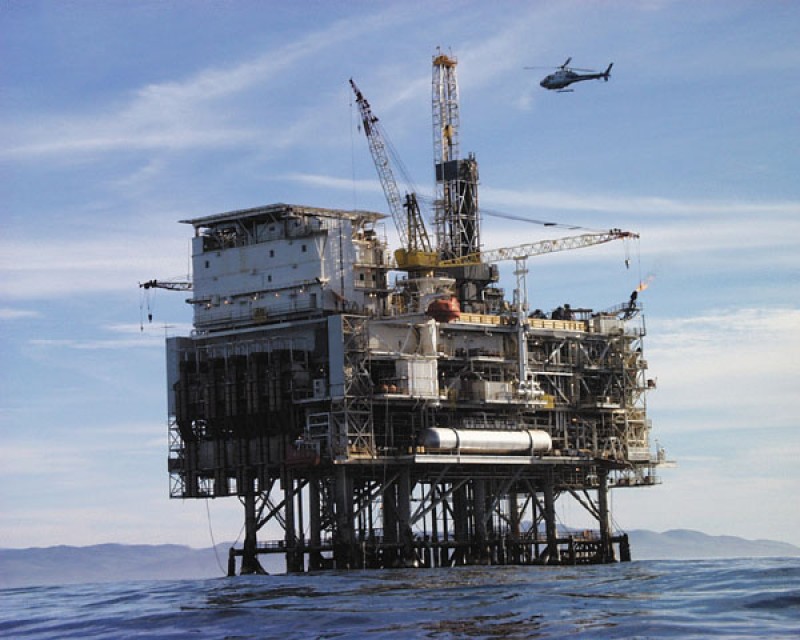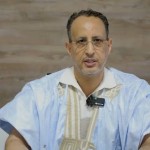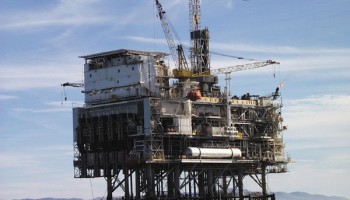Fifteen defendants will face the court, most coming from the two companies. Their executives are accused of having paid the bribes to Etete in order to win licenses to scout an oilfield off the Nigerian coast for US$ 1.3 billion in 2011, OCCRP previously reported.
Prosecutors have alleged that the companies paid $1.1 billion to a company, Malabu Oil & Gas, which was controlled by Etete. Nigeria’s government saw only $210 million.
British-Dutch Shell and Italian Eni will also be tried in Lagos in the Federal Court of Justice of Nigeria. The rights group Human & environmental Development Agenda (HEDA) is suing the companies so that they would lose their Nigerian oil production license and to push Nigerian authorities to take more action.
HEDA’s spokesperson, Lanre Suraju, has said that Etete has disappeared, reported DW.
"We want to reveal the players in the notorious Malabu scandal, in which laws and guidelines were broken and ignored," Suraju said in an interview with the outlet. The court case in Lagos is supposed to begin on June 13.
In emails obtained by Global Witness, an environmental organization, internal emails from Shell show that the company’s executives knew money would be sent to Etete. The company said it had no choice but to work with him, but did so legally.
Both companies deny wrongdoing.
To put the magnitude of the bribe in perspective, Global Witness’ head of investigations, Barnaby Pace told DW that one in ten children in the country dies before their fifth birthday but that “this [corrupt] deal with Shell and Eni cost the people of Nigeria a sum as high as its public health expenditure in 2017."






